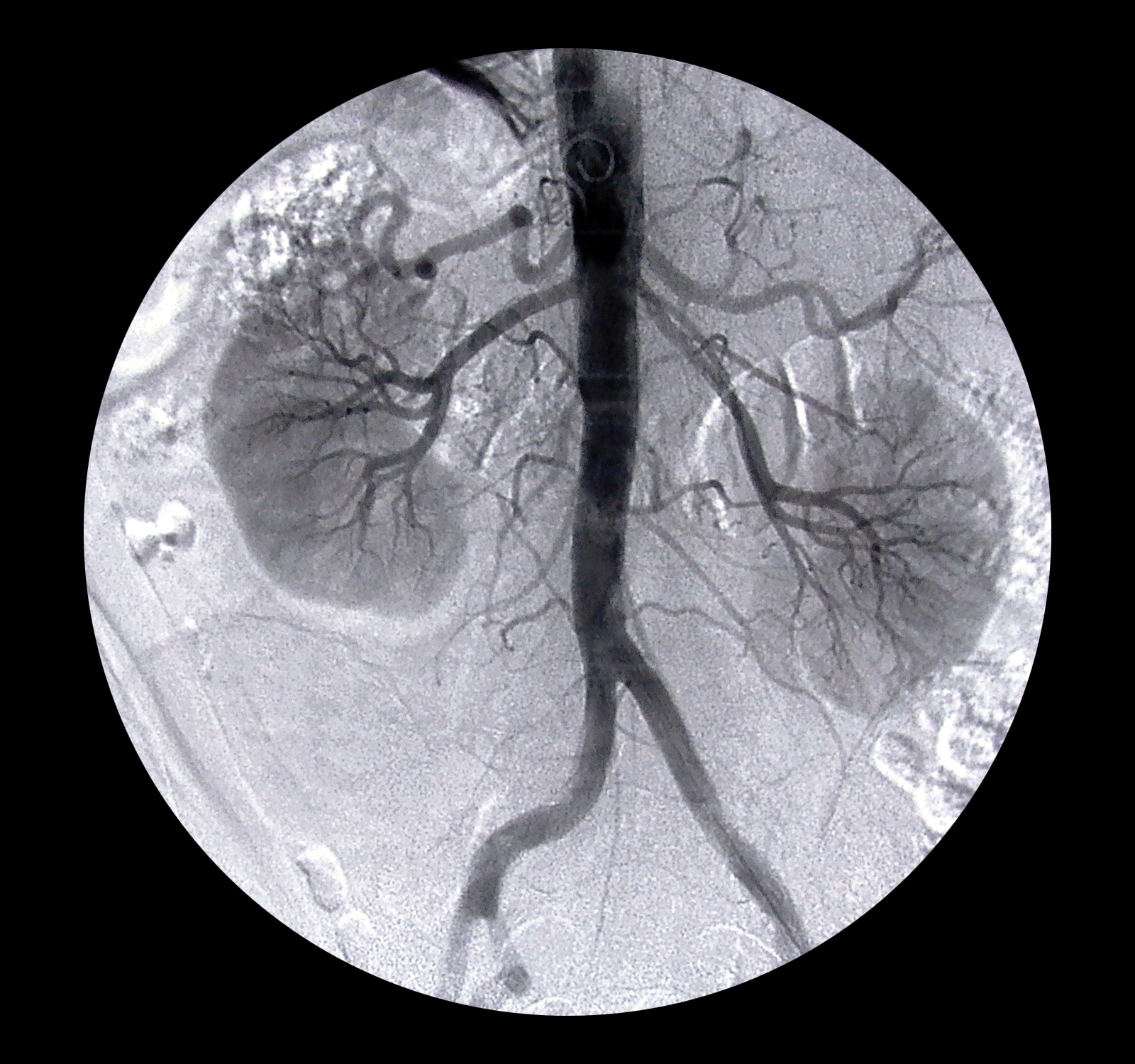
Kidney stones and hemorrhoids are two common health issues that can cause significant discomfort and pain. While they seem unrelated at first glance, some intriguing connections exist between these two ailments. In this article, we will delve into the similarities and possible links between kidney stones and hemorrhoids.
Understanding Kidney Stones
Kidney stones, scientifically known as renal lithiasis, are solid, grain-sized deposits that form in the kidneys. These stones are the result of crystal aggregation in the urine, which can cause intense pain and discomfort. Kidney stones can be classified into four major types based on their composition and underlying causes:
1. Calcium Stones:
The most prevalent type, forming when calcium combines with phosphate, oxalate, or carbonate, leading to small, hard masses. They are often associated with small intestine disorders.
2. Uric Acid Stones:
These stones develop due to abnormally high levels of protein in the body, commonly observed in bodybuilders, and can also be hereditary.
3. Struvite Stones:
Resulting from previous urinary tract infections, these stones often take on a stag-horn shape, potentially obstructing the flow of liquid from the kidneys or bladder. They tend to be larger than other types.
4. Cystine Stones:
Caused by cystinuria, a genetically transmitted disorder that leads to high levels of amino acids in the urine.
Unraveling Hemorrhoids
Hemorrhoids, on the other hand, involve the swelling and inflammation of blood vessels in the anal and lower rectal area. There are two primary types of hemorrhoids: 1. Internal Hemorrhoids: Occurring inside the anus, these hemorrhoids are usually painless but may bleed during bowel movements. 2. External Hemorrhoids: Forming on the surface of the anus, these hemorrhoids can cause pain and bleeding due to friction and pressure. The exact cause of hemorrhoids remains unknown (idiopathic), but several factors increase the risk, such as straining during bowel movements, old age, obesity, constipation, liver disease, enema or laxative use, giving birth, or genetic predisposition.
Discovering Possible Connections
While kidney stones and hemorrhoids affect different parts of the body and present distinct symptoms, they share some common risk factors and treatment approaches.
1. Fluid Intake and Obesity:
Both conditions can be triggered by inadequate fluid intake and obesity. Dehydration can lead to the concentration of minerals in the urine, increasing the risk of kidney stone formation. Obesity, on the other hand, puts extra pressure on the abdominal area, contributing to the development of hemorrhoids.
2. Diuretic Use:
The treatment for kidney stones often involves the use of diuretics to stimulate urination and promote stone passage. However, if used improperly, these drugs can lead to hypovolemia (low fluid volume) and subsequently cause constipation—a contributing factor for hemorrhoids.
3. Calcium Levels:
Excess calcium in the blood can lead to the formation of kidney stones. Similarly, having too much calcium in the bloodstream can cause stools to become dry and hard, similar to the mechanism involved in hemorrhoid formation.
Conclusion: Taking Preventive Measures
While kidney stones and hemorrhoids are distinct health issues, understanding their shared risk factors and potential connections can help individuals take preventive measures to reduce the risk of both conditions. Maintaining a well-balanced diet, staying adequately hydrated, and adopting a healthy lifestyle are essential steps in safeguarding both kidney and anal health. If you experience symptoms related to kidney stones or hemorrhoids, seeking medical attention promptly is crucial for appropriate diagnosis and treatment. Remember, small lifestyle changes can make a significant difference in protecting your well-being and promoting overall health.
DISCLAIMER
All content and information on this website are for informational and educational purposes only.
It does not constitute medical, psychological, or health advice of any kind and we do not warrant that the information presented herein is free of any errors or omissions.
We are not providing medical, health care, nutrition therapy, or coaching services to diagnose, treat, prevent or cure any kind of physical ailment, or mental or medical condition.
Although we strive to provide accurate general information, the information presented here is not a substitute for any kind of professional advice, and you should not rely solely on this information.
Always consult a professional in the medical and health area for your particular needs and circumstances before making any medical or health-related decisions.
What to read next?
https://simplifiedpharmacy.com/blog/

